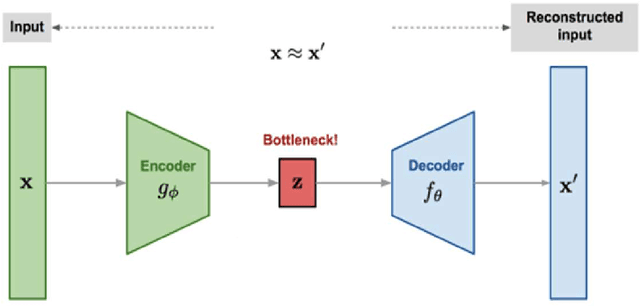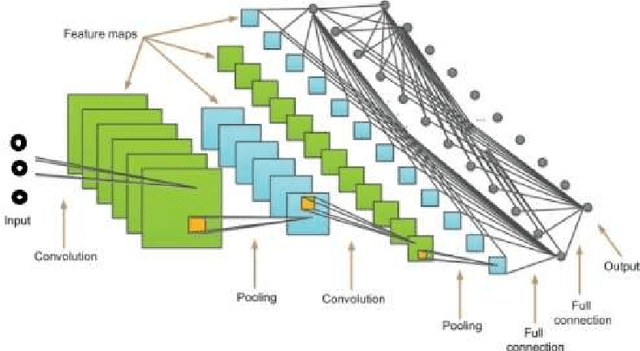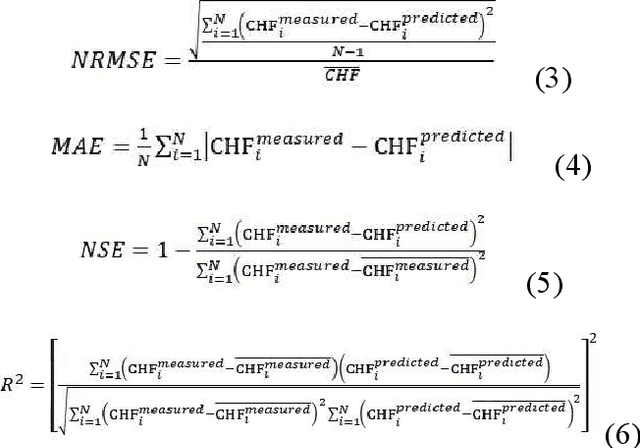Messaoud Djeddou
Hybrid Deep Convolutional Neural Networks Combined with Autoencoders And Augmented Data To Predict The Look-Up Table 2006
Aug 26, 2024



Abstract:This study explores the development of a hybrid deep convolutional neural network (DCNN) model enhanced by autoencoders and data augmentation techniques to predict critical heat flux (CHF) with high accuracy. By augmenting the original input features using three different autoencoder configurations, the model's predictive capabilities were significantly improved. The hybrid models were trained and tested on a dataset of 7225 samples, with performance metrics including the coefficient of determination (R2), Nash-Sutcliffe efficiency (NSE), mean absolute error (MAE), and normalized root-mean-squared error (NRMSE) used for evaluation. Among the tested models, the DCNN_3F-A2 configuration demonstrated the highest accuracy, achieving an R2 of 0.9908 during training and 0.9826 during testing, outperforming the base model and other augmented versions. These results suggest that the proposed hybrid approach, combining deep learning with feature augmentation, offers a robust solution for CHF prediction, with the potential to generalize across a wider range of conditions.
 Add to Chrome
Add to Chrome Add to Firefox
Add to Firefox Add to Edge
Add to Edge